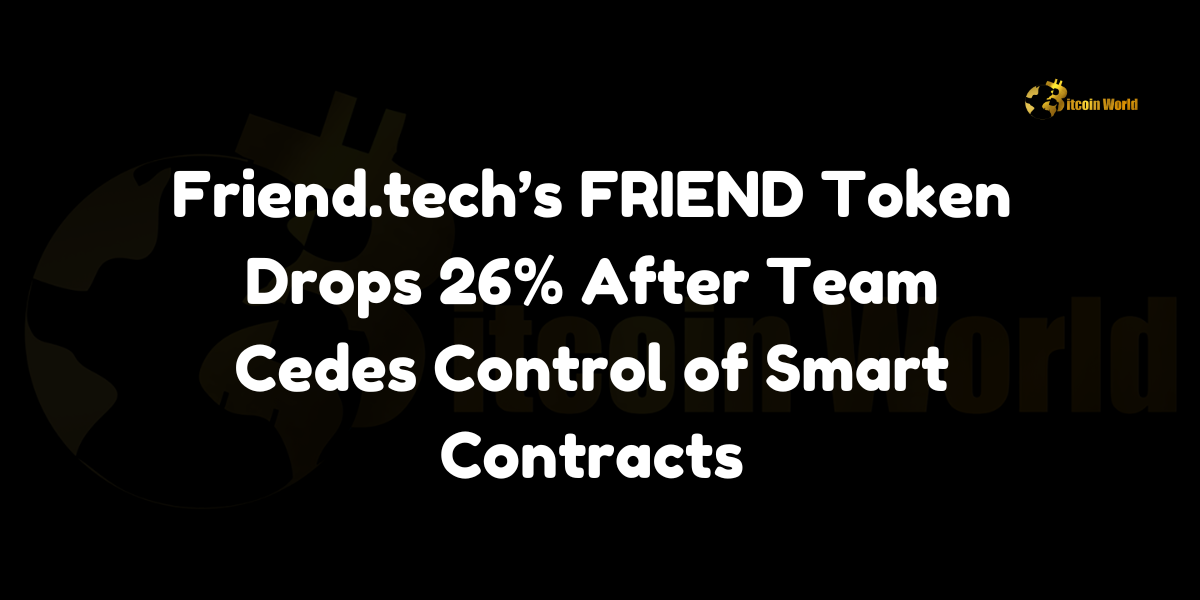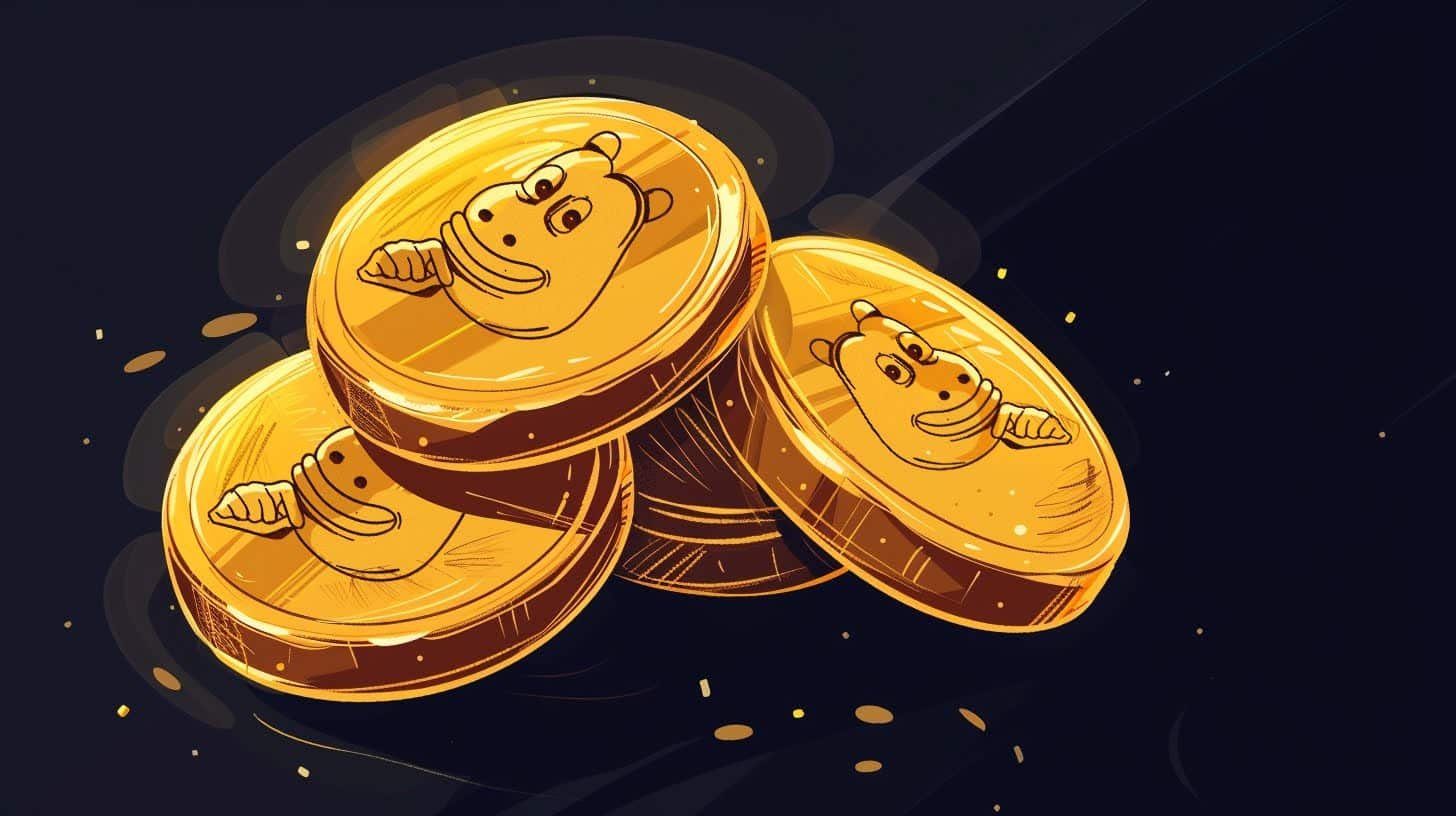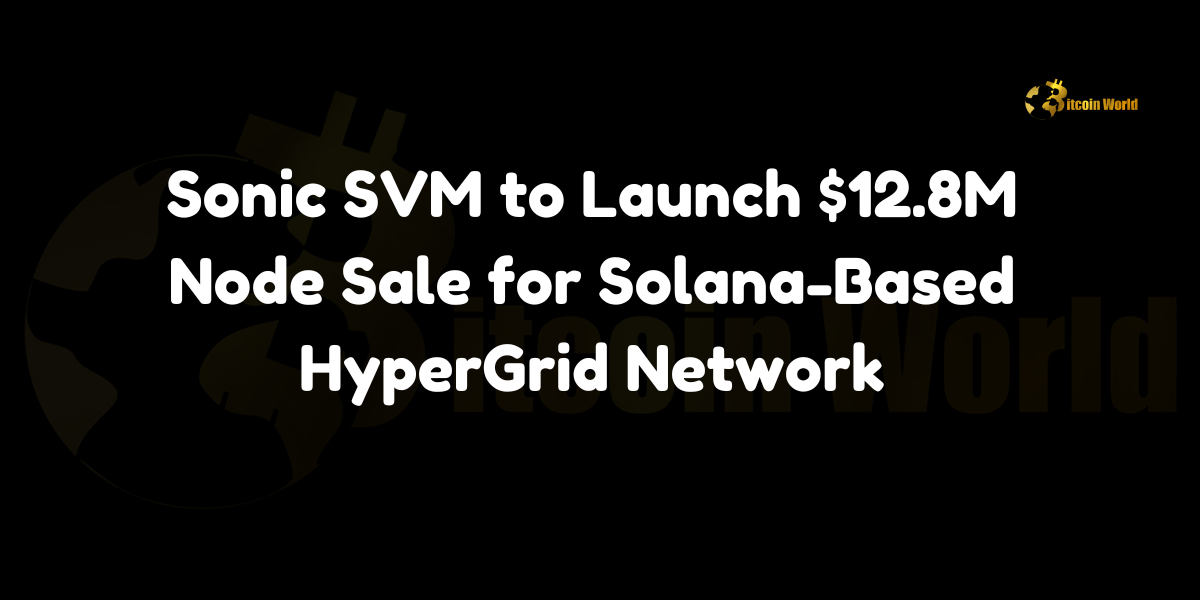FRIEND token, native to the crypto social media platform friend.tech, experienced a sharp decline of nearly 26% within 24 hours after the team behind the project transferred control of its smart contracts to Ethereum’s null address, according to Cointelegraph. The transfer effectively means that the administration and ownership of the smart contracts are permanently lost, as any tokens sent to the Ethereum null address cannot be recovered or reused.
This decision comes just three months after friend.tech announced plans to develop its own blockchain, dubbed Friendchain. The sudden move has raised concerns within the community, with many questioning the implications for the platform’s future and the value of the FRIEND token.
The significant drop in FRIEND’s value signals a lack of confidence among investors following the smart contract change. By ceding control of the smart contracts, the friend.tech team has relinquished its ability to make further changes to the token’s underlying code, effectively decentralizing the platform’s operations but also introducing uncertainty about the project’s direction.
Implications of Transferring Smart Contracts to Ethereum’s Null Address
In Ethereum’s blockchain, the null address (0x000…0000) is a special address where tokens or smart contracts are sent when they are to be permanently removed from circulation. By transferring the FRIEND token’s smart contracts to this address, the friend.tech team has made it impossible for anyone to retrieve or modify the contracts, signaling a total relinquishment of control.
This move can be seen as a step toward decentralization, as no entity, including the developers, can alter the smart contracts in the future. However, it also raises concerns about the team’s long-term commitment to the project, especially as friend.tech previously announced its intention to build a dedicated blockchain, Friendchain.
FRIEND Token’s Sharp Decline and Market Reaction
The immediate market reaction to the smart contract transfer has been negative, with FRIEND’s value plunging by 26% in a single day. This decline suggests that investors are wary of the decision to hand over control of the smart contracts, particularly when paired with the lack of clear communication regarding the project’s future after this decentralization step.
Investors may also be reacting to the potential risks of decentralizing too quickly, especially in a project that is still in development. The sudden move has prompted concerns about the long-term stability of the FRIEND token and its associated platform, as well as the implications for the broader community of users and investors.
Friendchain: The Next Step for Friend.tech?
The timing of the smart contract transfer is particularly notable given that friend.tech announced plans to launch its own blockchain, Friendchain, just three months prior. Friendchain was envisioned as a blockchain specifically designed to support the social media platform and its token economy. The creation of a dedicated blockchain would have allowed friend.tech to have greater flexibility and control over its ecosystem.
However, the decision to transfer the smart contracts to Ethereum’s null address raises questions about the development and launch of Friendchain. It remains unclear whether this move was part of a broader strategy to transition to the new blockchain or if it signals a shift in the project’s goals. For now, the community is left to speculate about the future of Friendchain and whether it will proceed as originally planned.
Decentralization vs. Control: A Double-Edged Sword
The act of transferring control of smart contracts to the null address is often seen as a means of decentralizing a project. By making the smart contracts immutable and unchangeable, the friend.tech team has effectively ensured that no single entity has control over the platform’s operations. This aligns with the ethos of decentralization in the crypto space, where projects are often designed to function without centralized oversight.
However, decentralization comes with its own set of risks. Without a central authority to manage or update the system, the project could face challenges in adapting to future changes, addressing security issues, or implementing new features. In the case of friend.tech, investors and users may be concerned about how the platform will evolve without the ability to make changes to its core infrastructure.
Conclusion
Friend.tech’s decision to transfer the administration and ownership of its smart contracts to Ethereum’s null address has led to a significant 26% drop in the value of the FRIEND token. While the move represents a step toward decentralization, it has also introduced uncertainty about the platform’s future, particularly given the recent announcement of plans to build Friendchain. The community will be watching closely to see how friend.tech navigates this transition and whether the project can regain investor confidence in the wake of this dramatic change.
Internal Links for Reference
To learn more about the innovative startups shaping the future of the crypto industry, explore our article on latest news, where we delve into the most promising ventures and their potential to disrupt traditional industries.





